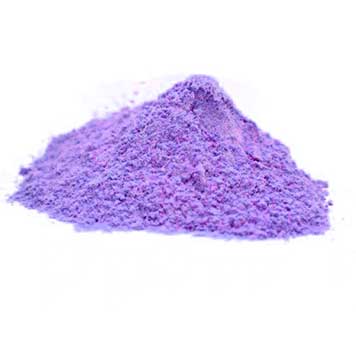
sodium citrate food additive
Sodium Citrate as a Food Additive A Comprehensive Overview
Sodium citrate, the sodium salt of citric acid, is commonly used as a food additive and has gained significant importance in the food industry. It is recognized by its E number, E331, and serves various functional roles in food products. This versatile compound is not only a flavor enhancer but also a preservative, acid regulator, and emulsifying agent, making it an essential ingredient in a wide array of food items.
Sodium Citrate as a Food Additive A Comprehensive Overview
In addition to its buffering capabilities, sodium citrate is an effective emulsifier. It facilitates the mixing of oil and water in food products, ensuring that the ingredients remain uniformly distributed. This is especially important in processed cheese and salad dressings, where a consistent texture and appearance are vital. The emulsifying properties of sodium citrate help achieve a smooth and creamy texture, enhancing the overall quality of the product.
sodium citrate food additive

Moreover, sodium citrate is often used as a preservative. It works by inhibiting the growth of certain bacteria and fungi, thereby extending the shelf life of food products. This is particularly beneficial in foods like canned goods and sauces, where the risk of microbial contamination is a concern. By incorporating sodium citrate, manufacturers can ensure that their products remain safe and palatable for an extended period.
Another noteworthy application of sodium citrate is in the culinary world, particularly in molecular gastronomy. Chefs leverage its properties to create innovative textures and flavors in gourmet dishes. For instance, sodium citrate can help create creamy emulsions without the need for traditional fat sources, allowing for healthier food options that maintain a rich mouthfeel.
Despite its many benefits, there are some considerations regarding the consumption of sodium citrate. While it is generally recognized as safe (GRAS) by the FDA and other regulatory bodies, excessive intake may lead to digestive discomfort in some individuals. It is crucial for consumers to be aware of their personal tolerance levels.
In conclusion, sodium citrate is a multifunctional food additive that plays a vital role in food technology. Its capabilities as a buffering agent, emulsifier, and preservative make it a valuable ingredient in numerous food products. As the food industry continues to evolve, the applications of sodium citrate are likely to expand, paving the way for new culinary innovations and enhanced food experiences.
-
nitrile-rubber-honoring-strict-production-standardsNewsAug.22,2025
-
aspartame-ingredients-honoring-food-safety-valuesNewsAug.22,2025
-
fertilizer-for-balanced-plant-nutritionNewsAug.22,2025
-
cyanide-gold-processing-with-high-purity-additivesNewsAug.22,2025
-
formic-acid-in-textile-dyeing-applicationsNewsAug.22,2025
-
aluminum-hydroxide-gel-in-skincare-productsNewsAug.22,2025
-
Regulatory Compliance for Global Mining Chemicals UseNewsAug.12,2025
Hebei Tenger Chemical Technology Co., Ltd. focuses on the chemical industry and is committed to the export service of chemical raw materials.
-

view more DiethanolisopropanolamineIn the ever-growing field of chemical solutions, diethanolisopropanolamine (DEIPA) stands out as a versatile and important compound. Due to its unique chemical structure and properties, DEIPA is of interest to various industries including construction, personal care, and agriculture. -

view more TriisopropanolamineTriisopropanolamine (TIPA) alkanol amine substance, is a kind of alcohol amine compound with amino and alcohol hydroxyl, and because of its molecules contains both amino and hydroxyl. -

view more Tetramethyl Thiuram DisulfideTetramethyl thiuram disulfide, also known as TMTD, is a white to light-yellow powder with a distinct sulfur-like odor. It is soluble in organic solvents such as benzene, acetone, and ethyl acetate, making it highly versatile for use in different formulations. TMTD is known for its excellent vulcanization acceleration properties, which makes it a key ingredient in the production of rubber products. Additionally, it acts as an effective fungicide and bactericide, making it valuable in agricultural applications. Its high purity and stability ensure consistent performance, making it a preferred choice for manufacturers across various industries.





